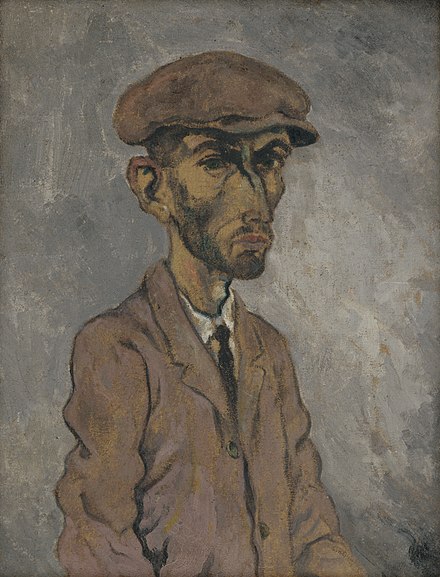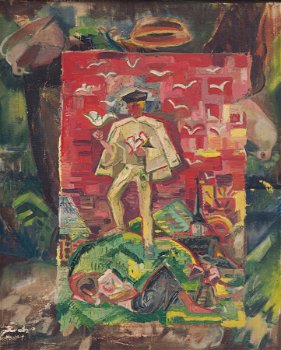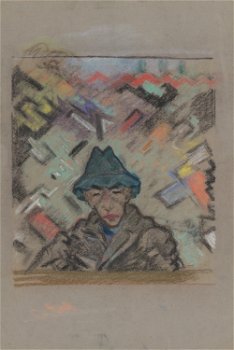Arnold Peter Weisz-Kubínčan
Polish 🇵🇱 1898 - 1945
Arnold Peter Weisz-Kubínčan (1898–1945), a Jewish Slovak painter recognized for his expressionist works, was born in Usch, Prussia (now Ujście, Poland), and later moved to Dolný Kubín, Slovakia. He studied sculpture and painting in Budapest and Berlin, becoming part of the Expressionist movement. Weisz-Kubínčan is noted for his original artistic expressions during the Slovak interwar period. His life ended tragically in a Nazi concentration camp during the Holocaust, after hiding in the mountains to avoid deportation. Before his capture, he hid nearly 300 pieces of his artwork, ensuring their survival.
Weisz-Kubínčan adopted the name "Kubínčan" in 1937 after moving to Dolný Kubín, reflecting his connection to the Slovak region. His works, notably featuring horses in motion symbolizing the strife for unity with nature and freedom, are celebrated for their emotional intensity and expression of internal unrest.










